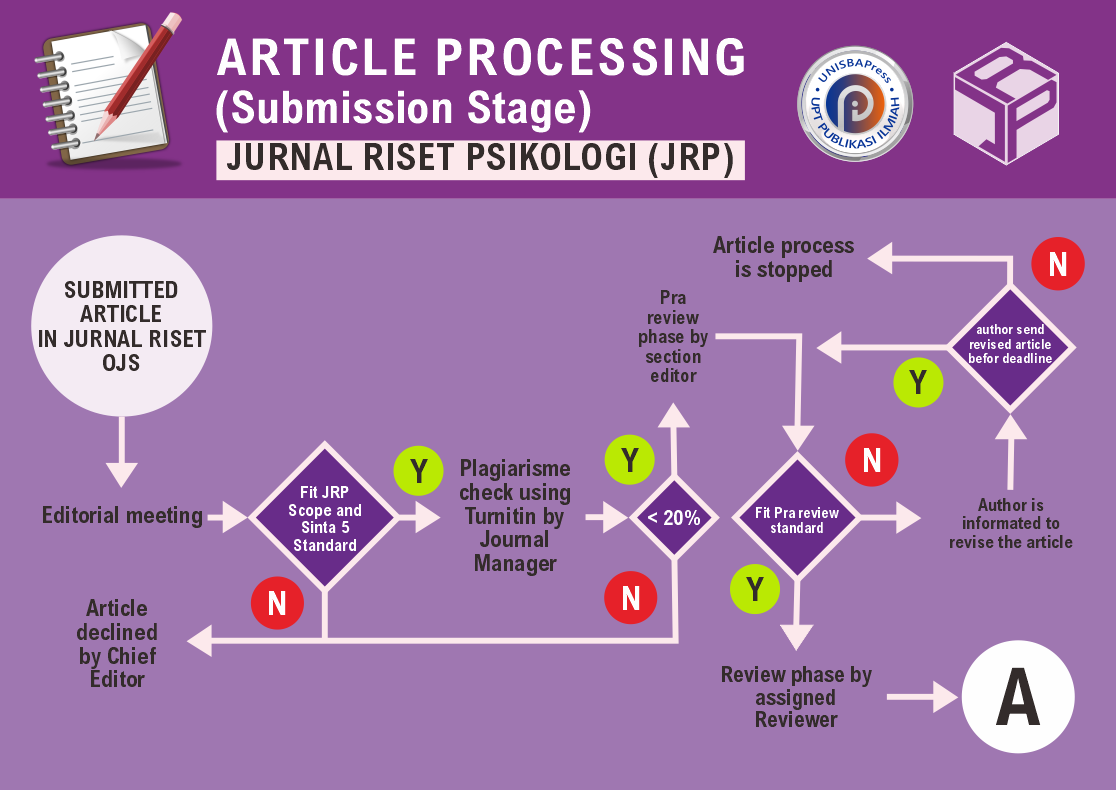Studi Komparatif Sekolah Khusus Anak Gifted/ Berbakat di Indonesia dan di Malaysia
DOI:
https://doi.org/10.29313/jrp.v2i2.1603Keywords:
Model pendidikan, Sekolah, Gifted/berbakatAbstract
Abstract. Gifted child is a golden asset for a nation, yet the truth is not all of the gifted child can get access to quality education that would be in line with their needs. The purpose of this study was to get the description of schools that have provided services for gifted children in Indonesia with an overview of schools abroad that have similar conditions/cultures and communities to Indonesia, namely Malaysia. Qualitative method with case study were inducted in this research. Data was collected by interview, observation, and study of documentation. The research subjects were two distinctive schools for gifted; one in Cianjur, West Java, Indonesia, and the other one in Malaysia. The result showed that the two schools shared a same goals, both schools use a national curriculum with an additional curriculum in accordance with the school's vision and mission. The two schools have different implementation and process, reveal different qualities. The implementation and process of schools in Malaysia are planned conceptually, with more professional management, leading better quality and measurable amount of international scale achievements.
Abstrak. Kecerdasan istimewa pada anak-anak gifted merupakan aset berharga bagi negara, namun pada kenyataannya tidak semua anak gifted mendapatkan pelayanan pendidikan yang sesuai dengan kebutuhannya. Tujuan penelitian ini adalah untuk mendapatkan gambaran tentang sekolah yang telah memberikan layanan bagi anak gifted baik di Indonesia maupun di luar negeri yang memiliki kondisi yang mirip dengan Indonesia, yaitu Malaysia. Metode penelitian yang digunakan adalah metode kualitatif dengan studi kasus. Metode pengambilan data dilakukan dengan wawancara, observasi, dan studi dokumentasi. Subjek penelitian adalah dua sekolah khusus anak gifted, yang ada di Indonesia dan Malaysia. Analisis yang dilakukan adalah analisis tema. Hasil penelitian menunjukkan kedua sekolah memiliki tujuan yang sama, menggunakan kurikulum nasional disertai kurikulum tambahan sesuai dengan visi-misi sekolah. Dalam penyelenggaraan dan prosesnya, kedua sekolah memiliki kualitas yang berbeda. Penyelenggaraan dan proses sekolah yang ada di Malaysia, lebih terencana secara konsep, lebih profesional, dan hasilnya lebih terukur dengan prestasi yang sudah berskala internasional.
References
A. Jzn, J. F., Braat and J. A. Duine, “Assessment of protein purity by chromatography and multiwavelength detection,” Anal. Biochem., vol. 162, no. 1, pp. 65–73, 1987, doi: https://doi.org/10.1016/0003-2697(87)90010-8.
L. . Silverman, Giftedness 101. New York: Springer Publishing Company, LLC, 2013.
Edukasi Kompas, “Anak ‘gifted’ tak sekadar cerdas,” https://edukasi.kompas.com, 2010. https://edukasi.kompas.com
D. Winebrenner, S., & Brulles, The cluster grouping handbook: A schoolwide model: How to challenge gifted students and improve achievement for all. Free spirit publishing. 2008.
S. Phillipson, N.S., Shi, J., Zhang, G., Tsai, D., Quek, C.G., Matsumura, N., Cho, “Recent Developments in Gifted Education in East Asia. In: Shavinina L.V. (eds) International Handbook on Giftedness,” Springer, Dordr., pp. 2–75, 2009, doi: https://doi.org/10.1007/978-1-4020-6162.
J. VanTassel-Baska, Serving gifted learners beyond the traditional classroom. United States: Prufock Press Ink, 2007.
J. Urwick, Fundamentals of educational research: Gary Anderson, The Falmer Press, Basingstoke, 1990. 1992.
V. Braun, V., & Clarke, “Using thematic analysis in psychology. Qualitative Research in Psychology,” Psychology, vol. 3, no. 2, pp. 77–101, 2006, [Online]. Available: http://eprints.uwe.ac.uk/11735/2/thematic_analysis_revised_- _final.pdf
E. Fereday, J., & Muir-Cochrane, Demonstrating rigor using thematic analysis A hybrid approach. 2006.
T. Umami, I., Gani, A., & Waskito, “Proposal of Character and Moral Education for Gifted Young Scientists in Indonesia,” J. Educ. Gift. Young Sci., vol. 7, no. 2, pp. 377–387, 2019.
C. . Plucker, J.A., & Callahan, “Research on giftedness and gifted education: status of the field and considerations for the future,” Except. Child., vol. 80, no. 4, pp. 390–406, 2014.
K. . Osterman, “Students’ need for belonging in the school community,” Rev. Educ. Res., vol. 70, no. 3, pp. 323–367, 2000.
A. Y. . Ishak, N.M. & Bakar, “Psychological issues and the need for counseling services among Malaysian gifted students,” Procedia Soc. Behav. Sci., vol. 5, pp. 665–673, 2010.
H. Stead and P. A. Bibby, “Personality, Fear of Missing Out and Problematic Internet Use and their Relationship to Subjective Well-Being,” Comput. Human Behav., 2017, doi: S0747563217304831–. doi:10.1016/j.chb.2017.08.016.













